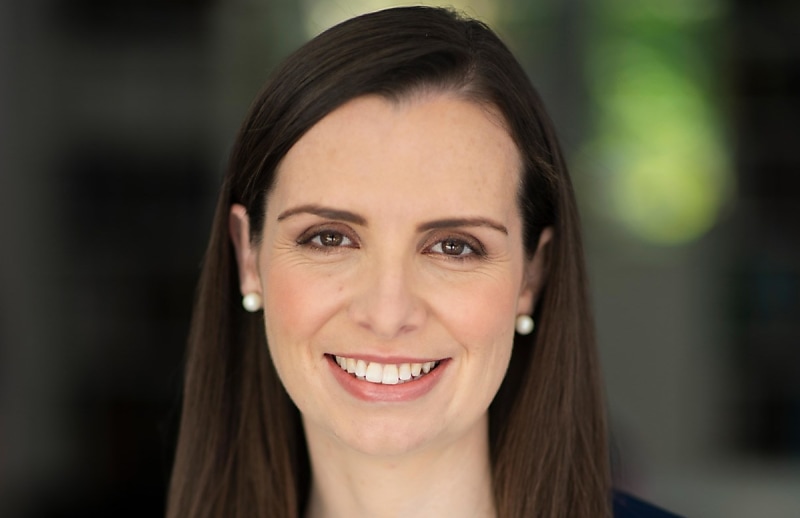The NSW government will pause medical centre payroll tax audits for 12 months to consult with GP groups in the wake of a state revenue ruling that the levy would apply.
Minister for Finance Courtney Houssos said the move would also suspend penalties and interest accrued on payroll tax debts and blamed medical centre cost pressures on the previous federal government.
She said any threat to bulk-billing was a concern given its potential to increase demand on emergency departments and hospitals.
“This matter is historic and dates back to before 2018,” she said. “Its resolution has been hampered by multiple court hearings and the neglect of the previous Coalition government. We understand this neglect has created great uncertainty in the GP community.
“That is why we will need time to satisfactorily resolve the matter.
“We also want time to assess the effects of the bulk-billing changes being introduced federally by the Albanese government.
“The former federal Liberal government’s failure to index the bulk-billing rebate for Medicare against the CPI for a decade imposed cost stresses on GPs and patients alike.”
The Royal Australian College of GPs welcomed the audit pause after calling on NSW Premier Chris Minns to intervene.
President Dr Nicole Higgins said some medical centres already faced closure after receiving payroll tax demands of $600,000 or more.
“I thank the NSW government for taking this important first step to stop any forced closures of GP clinics due to the new application of payroll tax,” she said.
“I spoke to one practice owner who received a retrospective tax notice and was facing closure and they are immensely relieved and grateful, knowing that they are now able to keep their doors open for their patients.”
“The RACGP is looking forward to working constructively with the government to find a long-term solution to this. What practices really need is certainty that they won’t receive retrospective payroll tax bills.”
Earlier this month the NSW State Revenue Office ruled that GPs working under fee-for-service arrangements would be employees for the purposes of payroll tax, and the Victorian office issued a near-identical ruling at the same time.
They followed two recent court cases that upturned thinking about fee-for-service arrangements widely used by medical centres across Australia.
In response, both South Australia and Queensland announced payroll tax amnesty periods for GPs while Western Australia said it did not intend to change how its existing payroll tax provisions apply.
William Buck health specialist Gil Abras welcomed the NSW decision, which came after “much consternation” in the medical sector, but said it meant the state was out of sync with the rest of Australia.
“The retrospective application is out of kilter with announcements made in other states and territories,” he said. “We look forward to further consultation on behalf of our clients.”
The Australian Dental Association said its members might need to make provision for payroll taxes up to 6.85 per cent dating back five years and supported a NSW opposition call for an amnesty in line with Queensland and South Australia.
“Deemed payroll taxes on non-employee dentists would be a huge blow to those dentists, practice operators and the patients they serve,” said ADA CEO Damian Mitsch.
“Some dentists are already struggling to keep their practices going as we recover from the business impacts of COVID-19 and costs rising with inflationary pressures. Unexpected tax liabilities would only make things worse and may precipitate dental practice closures.”
“We’re calling on MPs to support a payroll tax amnesty for all medical clinics including dental ones, proposed by the NSW Opposition.”
The RACGP said its research showed that 78 per cent of practices would be forced to raise fees to patients once the payroll tax was applied.
RACGP NSW and ACT chair Professor Charlotte Hespe said the NSW government pause was a “positive step”.
“Practices run on very thin margins and we know that the vast majority would have to pass this extra payroll tax on to patients,” she said.
“The best long-term solution to keep out-of-pocket fees from increasing is to make independently contracted GPs exempt from additional payroll tax. But this pause on payroll tax audits of general practice will ensure no practices are forced to close in the meantime.”
The NSW government also announced a new Special Commission of Inquiry into healthcare funding to examine the way public hospital and community health services are delivered.

 Login
Login







